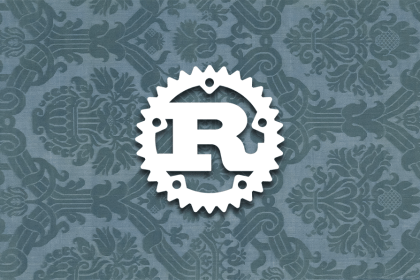
Leptos is a Rust frontend framework with excellent performance and support for modern features like signals, SSR, CSR, and more.
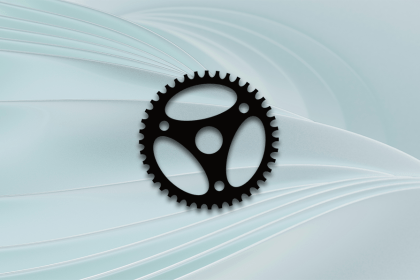
Actix Web is definitely a compelling option to consider, whether you are starting a new project or considering a framework switch.
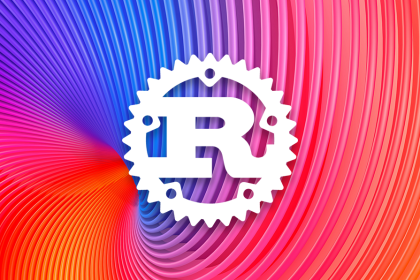
CRDTs, or conflict-free replicated data types, is a concept that underlies applications facing the issue of data replication across a […]
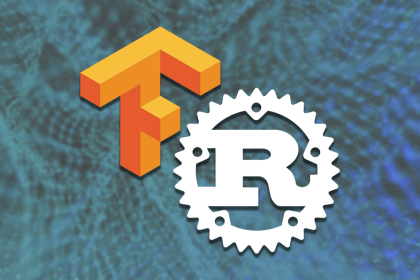
We explore the fusion of TensorFlow and Rust, delving into how we can integrate these two technologies to build and train a neural network.
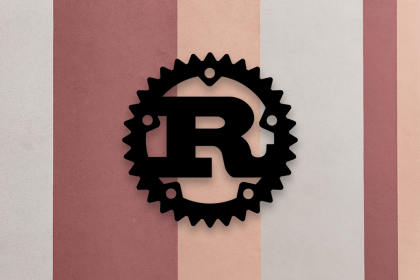
Explore popular Rust GUI frameworks like gtk-rs, Tauri, and egui for building fast, complex GUI applications in Rust.
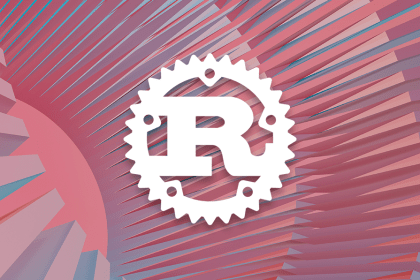
Let’s look at five popular Rust game engines and discuss how to choose the best option for your next project.
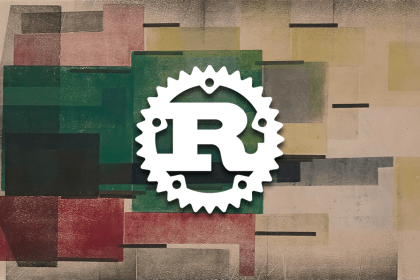
Leptos is an amazing Rust web frontend framework that makes it easier to build scalable, performant apps with beautiful, declarative UIs.

We explore the evolving landscape of Rust compilation, focusing on two native compiler projects: LLVM and GCC.
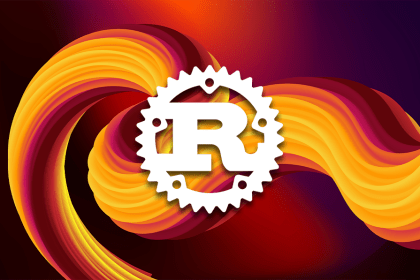
Dioxus, a Rust library, allows you to build cross-platform UI components. It works like a hybrid of React with the safety and speed of Rust.
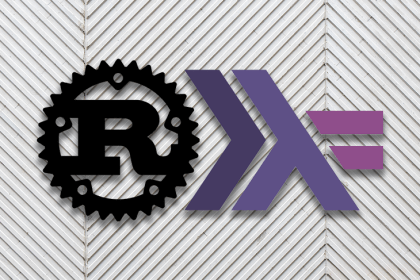
This analysis of Haskell and Rust focuses on performance parameters like memory safety, concurrency, type safety, and variable immutability.
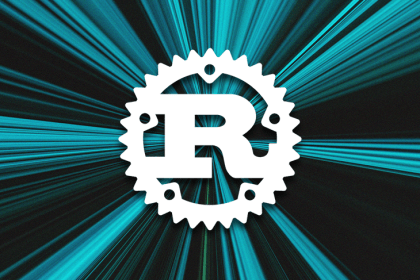
Let’s discuss five of the top Rust automatic verification tools and how they can help you build more reliable software.
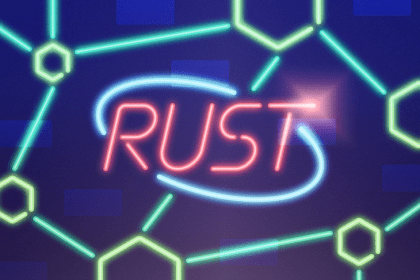
Neon allows you to bring Rust’s benefits into your Node.js project, such as its speed, efficiency, ecosystem, and more.